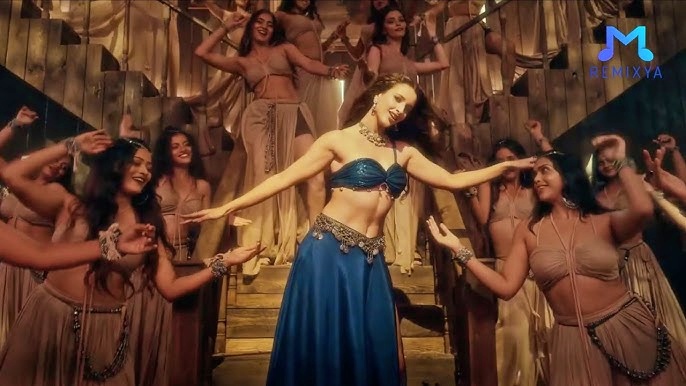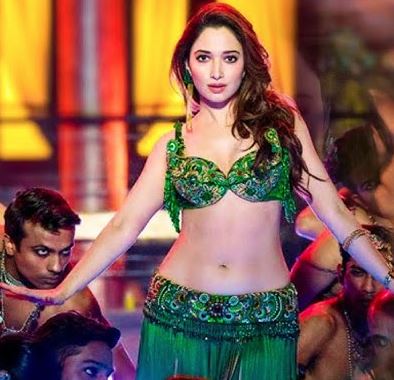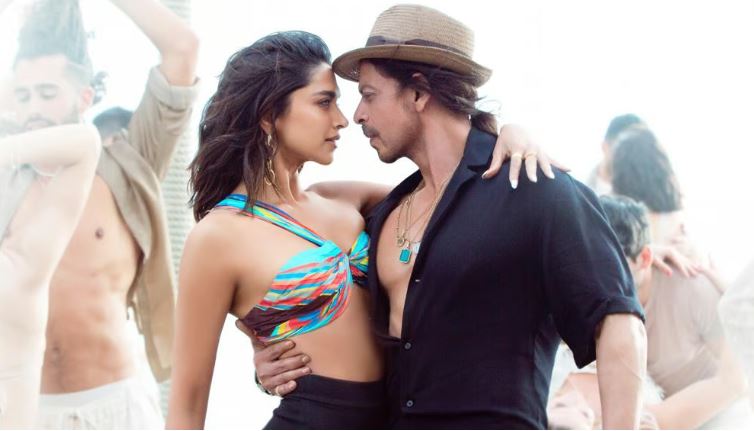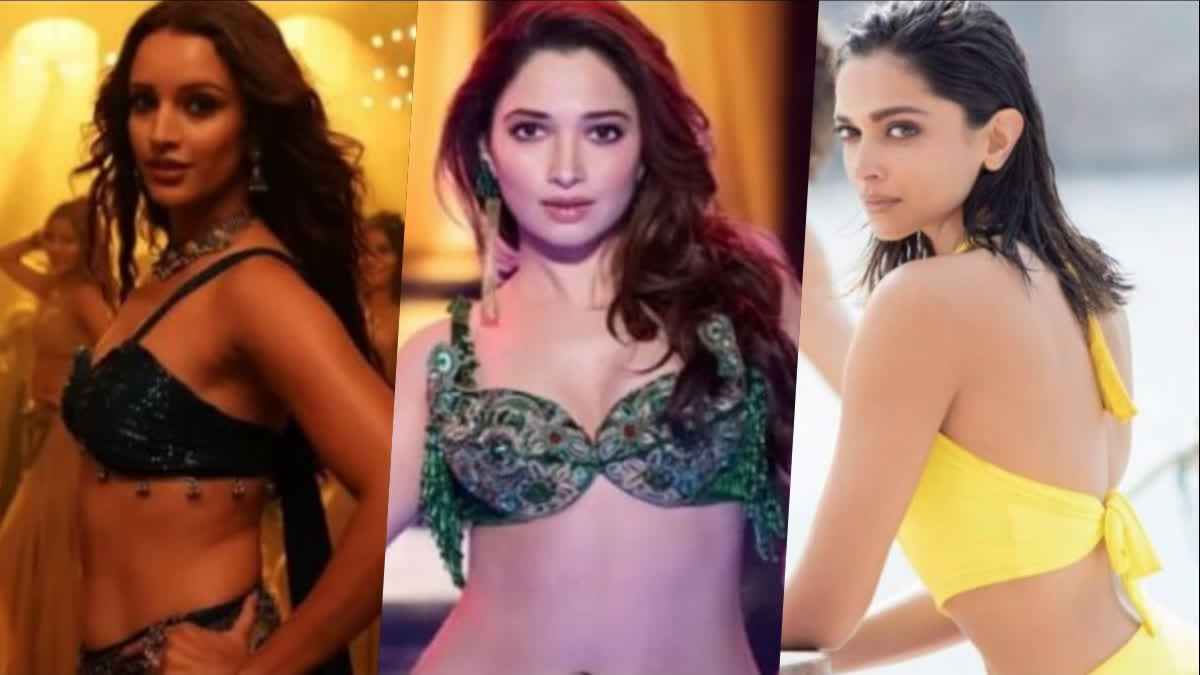The latest trend in Bollywood music is like that nostalgic ex who just won’t stop texting. It’s called "ghazalcore," and it's here to remind you that, deep down, you still have a penchant for heartbreak, soul-searching, and poetic angst.
This new wave of music has taken the classic ghazal and given it a slick twist that’s somehow all over every streaming playlist today. If you think ghazals belong to dusty old cassettes, think again, because Bollywood is bringing them back with a vengeance.
What Is Ghazalcore?
Imagine everything you love about Bollywood music (emotions, haunting melodies, and sentimental lyrics that have zero chill) mixed with a beat you can dance to. This trend is cropping up everywhere: Aaj Ki Raat brought sensuality to horror-comedy Stree 2, while Heer Aasmani and Ishq Jaisa Kuch from Hrithik-Deepika-starrer Fighter are proving that even an action movie needs some poetic charm. Let's not forget last year's smash hit Besharam Rang from Pathan, where Shilpa Rao’s voice and Deepika Padukone’s romp turned a song about “shameless colour” into something that felt meaningful. Mere Mehboob brought pre-release buzz to Triptii Dimri-starrer Vicky Vidya Ka Woh Wala Video.

A Nod to Ghazals and Sufi Kalam
At its core, ghazalcore borrows from the rich, emotional traditions of ghazals and Sufi kalam, where lyrics weren’t afraid to go deep. For those just tuning in, the ghazal's signature is a series of couplets that stand as complete thoughts. They lean into the duality of love, or rather its ability to elevate and devastate. Meanwhile, sufi kalam delves into divine love, the kind that makes you question your existence. In ghazalcore, these traditions are modernised, wrapped in contemporary production, and presented in a format that feels fresh while still hauntingly familiar. Of honourable mention is Ishq Ka Haafiz from the second season of OTT show Tripling. Sung and composed by Nilotpal Bora with lyrics by Hussain Haidry, it's a perfect modern Sufi gaana.
Why Ghazalcore Hits Different
Ghazalcore blends the old-world charm of traditional ghazals with a modern sound that’s tailor-made for millennials and Gen Z. We’re talking heartfelt, metaphor-heavy lyrics layered over sleek, contemporary arrangements. In Aaj Ki Raat, for example, the lyrics are classic ghazal fare (talking about love, separation, and longing) yet the melody is designed to make you want to slow-dance at a nightclub.
Behind every haunting ghazalcore hit is a team of composers and lyricists who know exactly how to balance tradition with contemporary flair. These maestros are blending the intricate, evocative language of ghazals with synthesiser beats and electric guitar, creating something more accessible for the party crowd. Composers Sachin-Jigar gave Aaj Ki Raat a bass house treatment.

Seasoned composers like Vishal-Shekhar, who crafted the sensual undertones of Besharam Rang and Ghungroo, understand the delicate interplay of minimal instrumentation and powerful lyrics, allowing emotions to simmer beneath the surface. In Ishq Jaisa Kuch, the composers managed to mix traditional Indian sounds with enough synth to keep it pop-friendly, while the lyrics transport you to a dreamy, nostalgic world.
Ghazalcore songs are just as likely to make you ponder your life choices as they are to get you up on the dance floor. Lyricists like Irshad Kamil and Amitabh Bhattacharya, who penned Heer Aasmani and Ishq Jaisa Kuch, draw on centuries-old themes of love, loss, and longing, capturing the raw intensity of traditional ghazals but tailoring them for the modern listener. Together, they’ve mastered the art of using words that cut straight to the heart.
Singer Shilpa Rao has been one of the genre’s big stars, and rightly so. Her voice manages to capture every shade of heartbreak while still sounding like she’d be the coolest person in any room. On Ghungroo, Rao’s voice takes you from “I’m fine, everything’s great” to “I’m spiralling” in the span of a single line. And Besharam Rang may have made headlines for the controversial outfits and twerking, but the real magic was in Rao’s voice, which made even the boldest dance moves feel like a lover’s lament.

Their Appeal For Gen Z
These songs give a desensitised Gen Z the permission to feel all the feelings: longing, heartbreak, and that thing where you miss someone even if they’re standing right next to you. Then, there’s the whole social media angle. Ghazalcore songs are basically tailor-made for moody Instagram stories and reels, and that emotional WhatsApp status update. Songs like Mere Mehboob become instant favourites for those late-night texts and reflective walks.
The genre’s success is a signal that no matter how fast-paced life gets, there will always be an audience for music that speaks to the heart. So get ready for more poetic lyrics, more hauntingly beautiful vocals, and more songs that make you stare into the middle distance.



